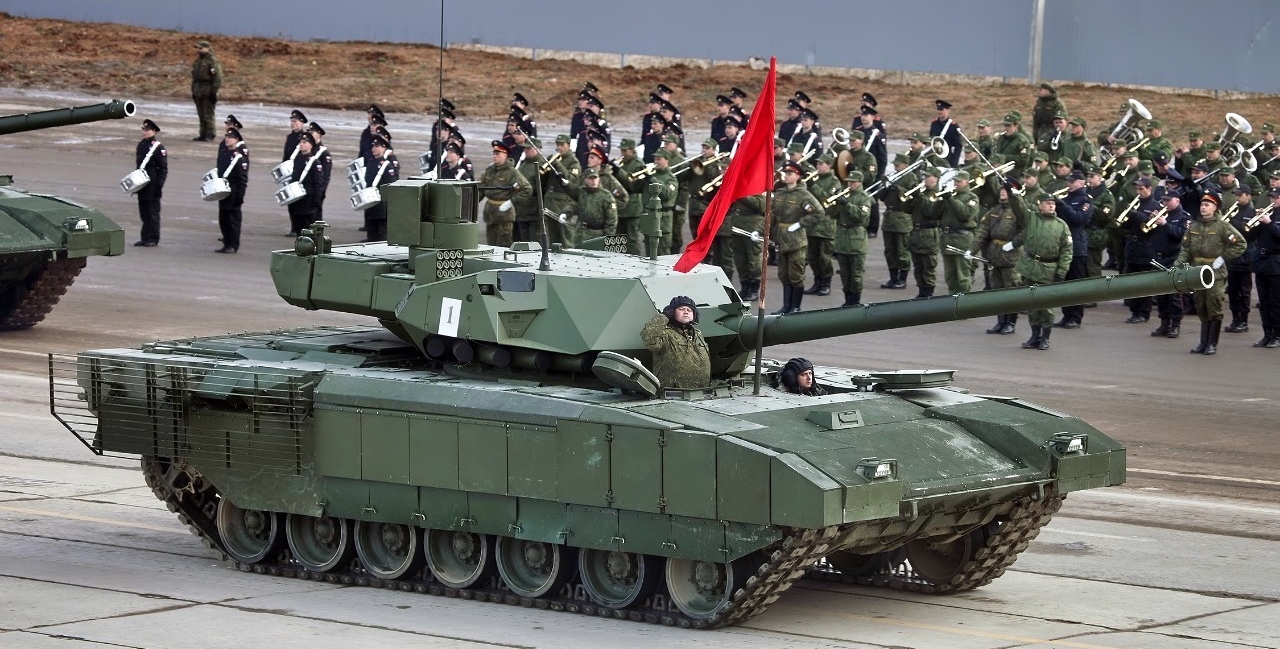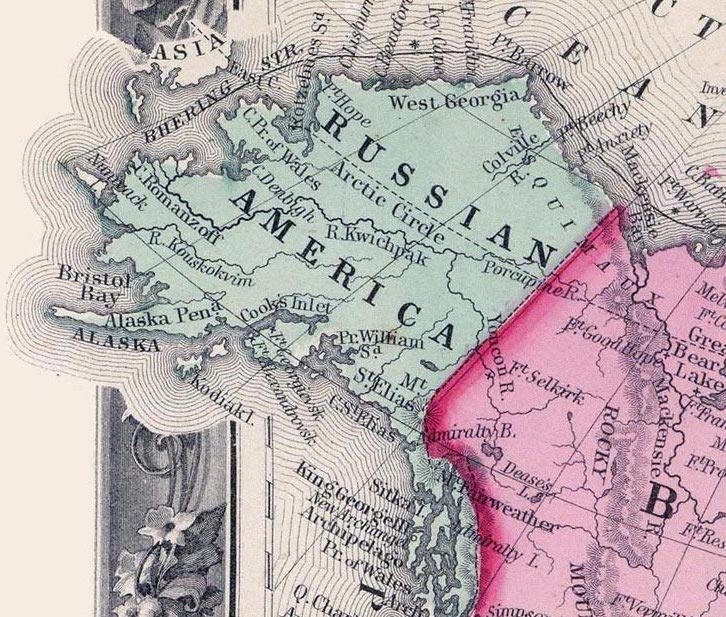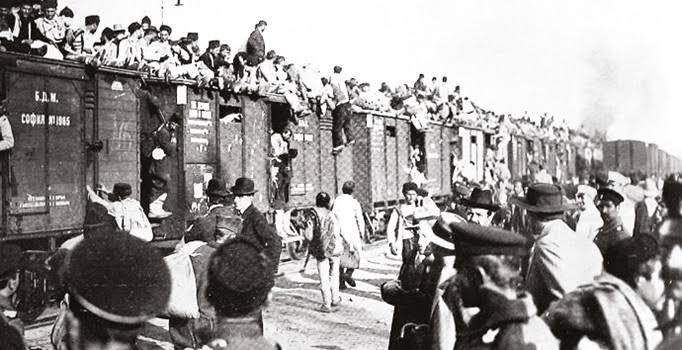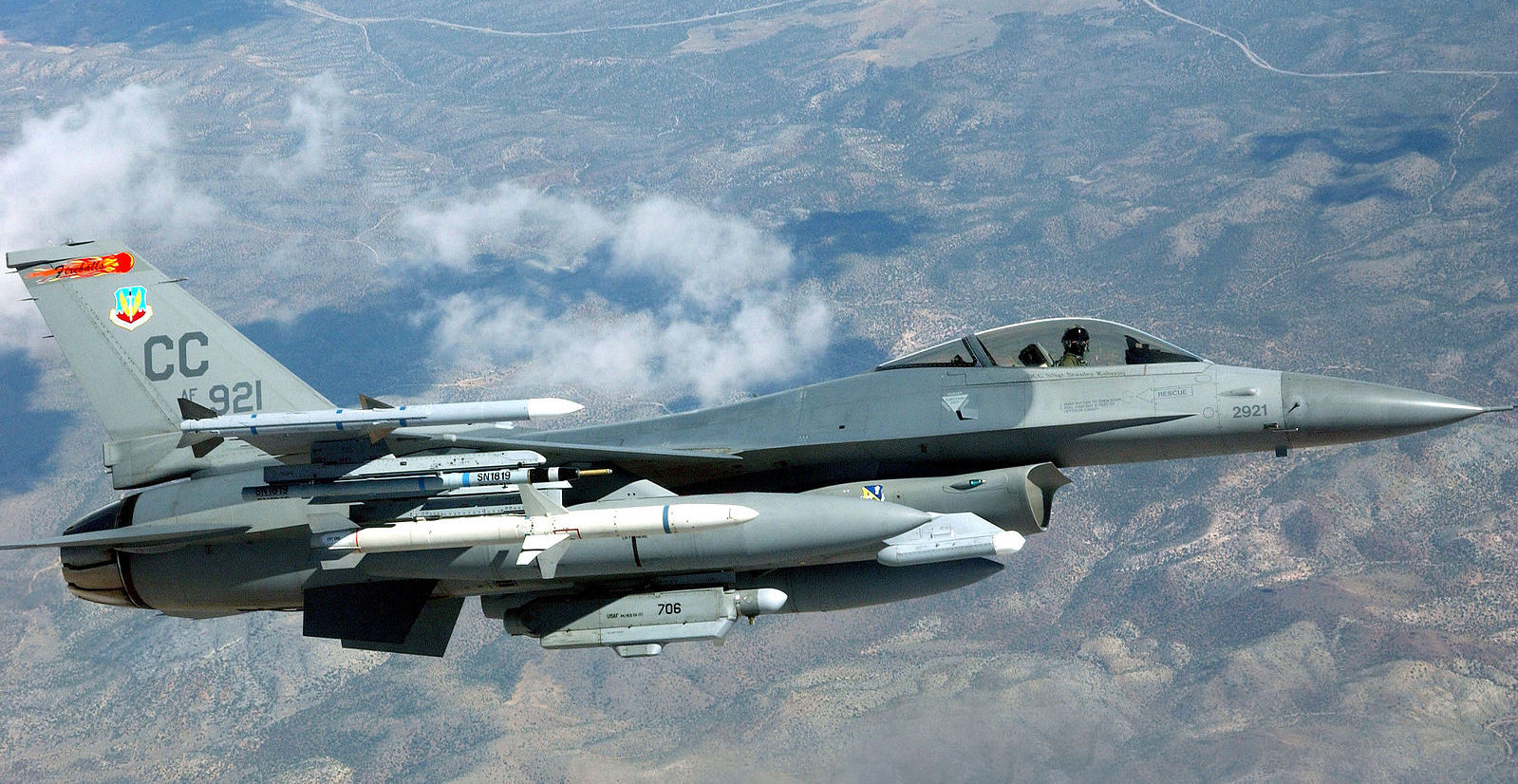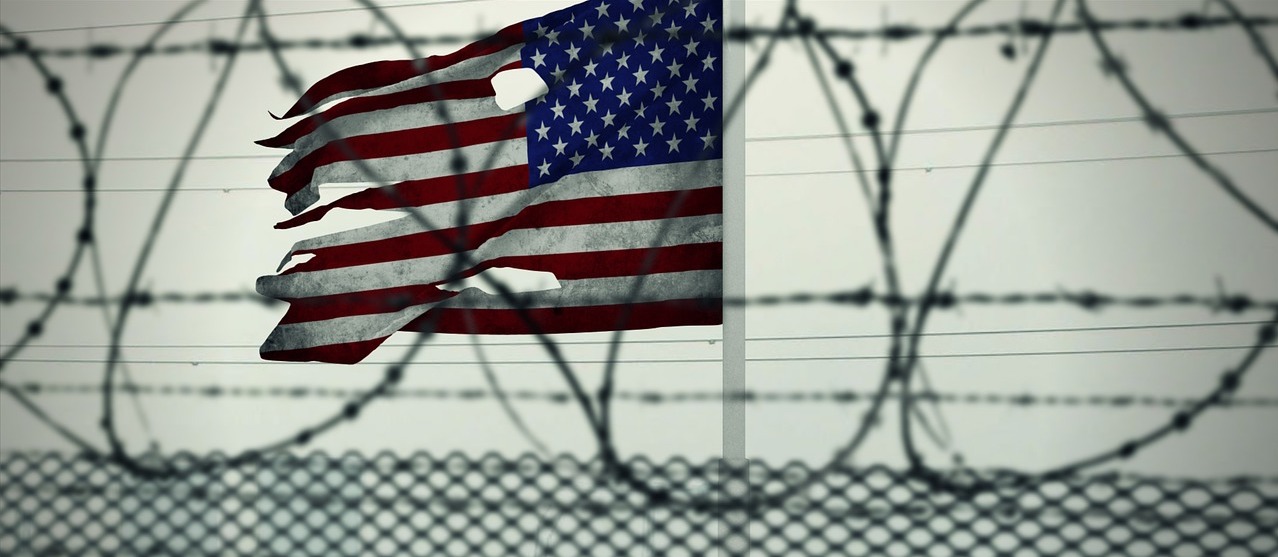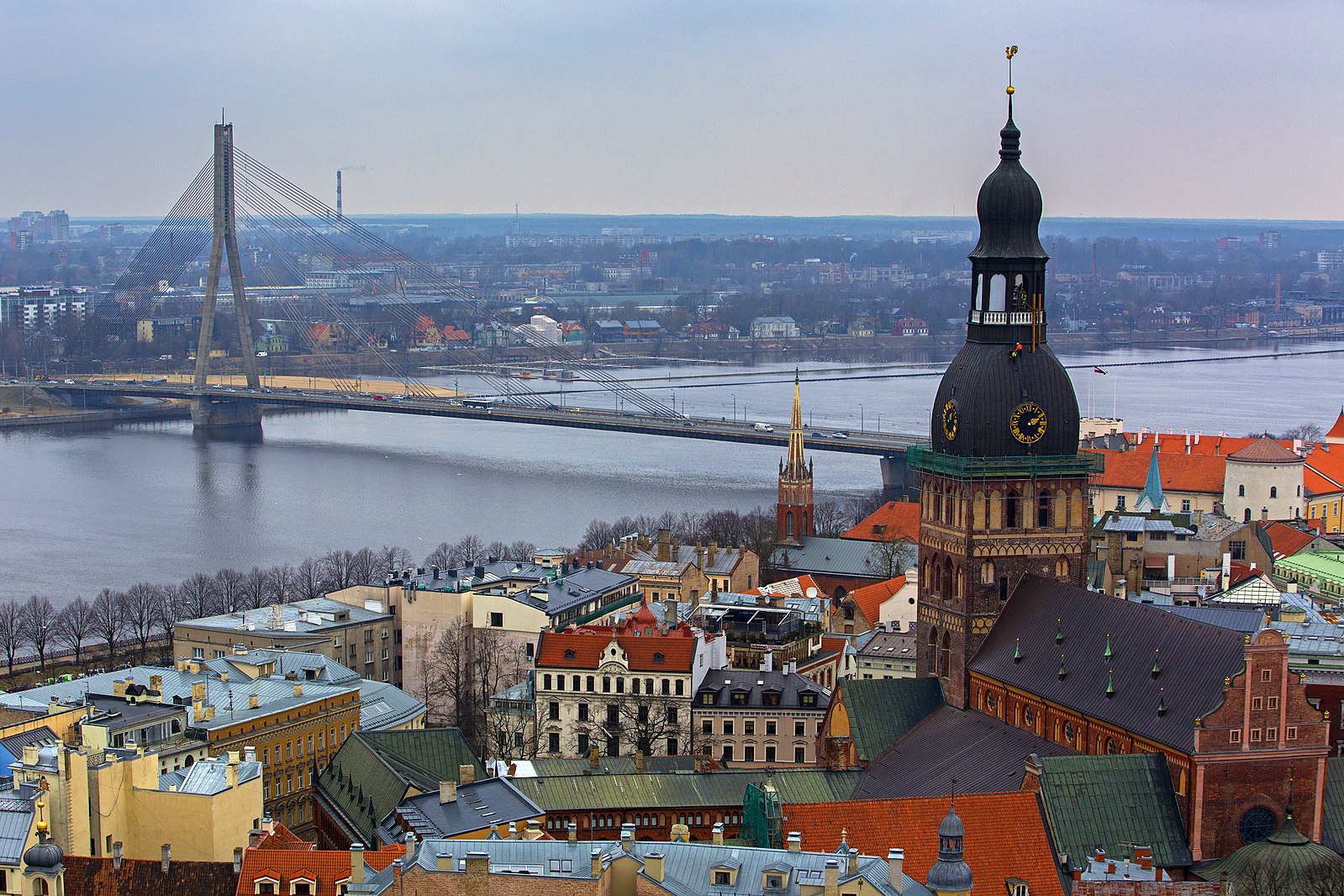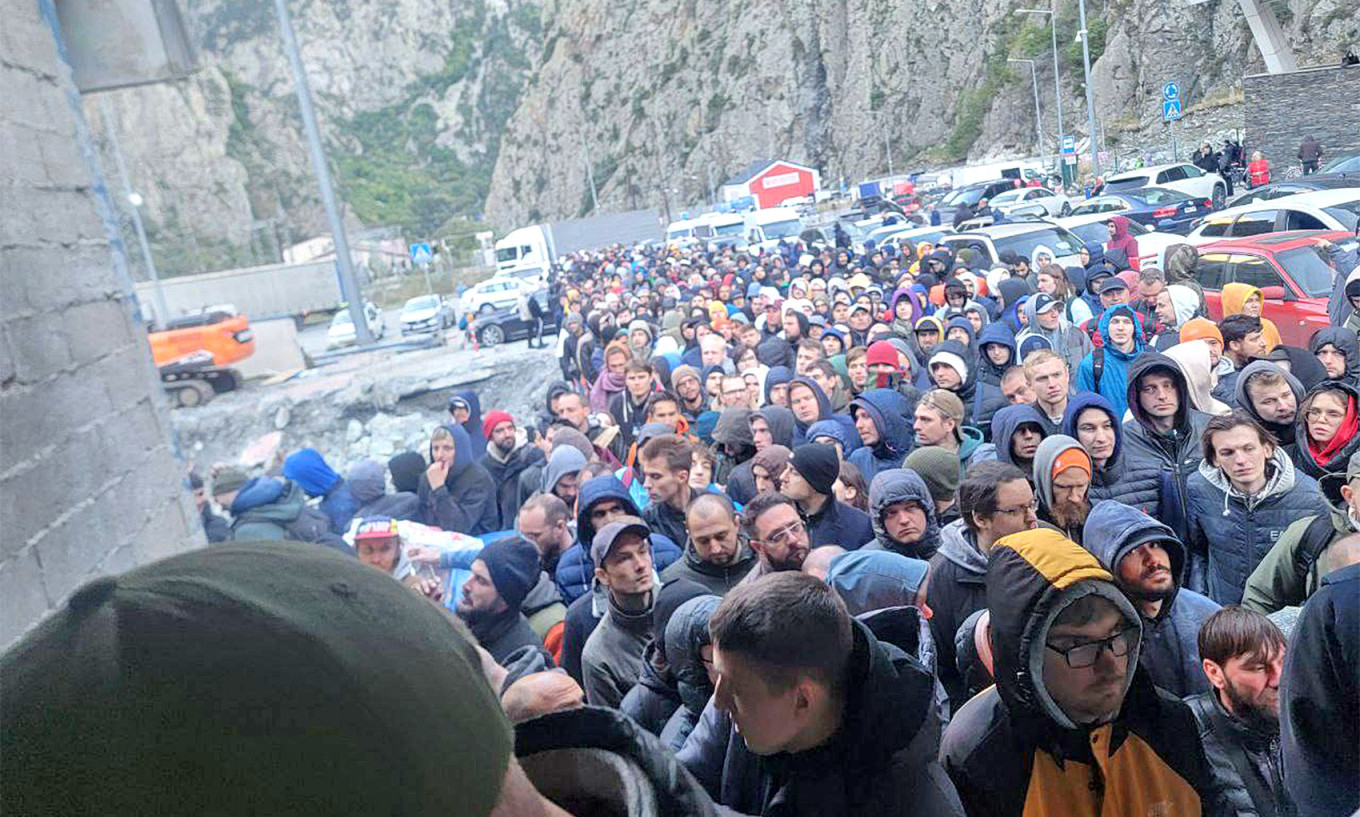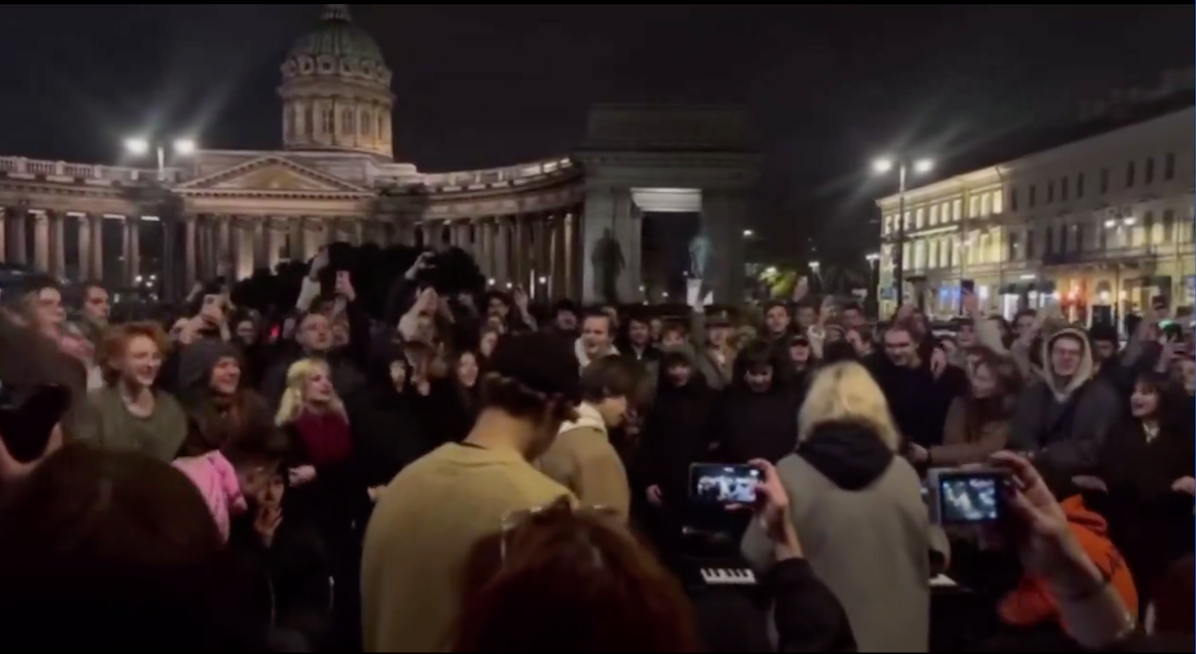
‘Swan Lake’ anti-Putin protest in St Petersburg
Hundreds of young Russians gathered in a square in the center of St. Petersburg to defy censorship by performing a banned song that calls (in barely veiled terms) for the overthrow of Vladimir Putin. The crowd converged on the city’s iconic Palace Square to sing “Swan Lake Cooperative” by exiled rapper Noize MC, which was outlawed in May when judicial authorities labeled it “extremist.” The song title refers to the practice in Soviet times of suspending all regular TV and radio broadcasts to play Tchaikovsky’s ballet “Swan Lake” continuously whenever the old leader died or was deposed and the transition to a new one was underway. The lyrics go: “The old man still clings to his throne… When the czar dies, we’ll dance again, ‘Swan Lake’ on every screen… I want to watch the ballet… Let the old man shake in fear…” (Photo: Kanal13)



